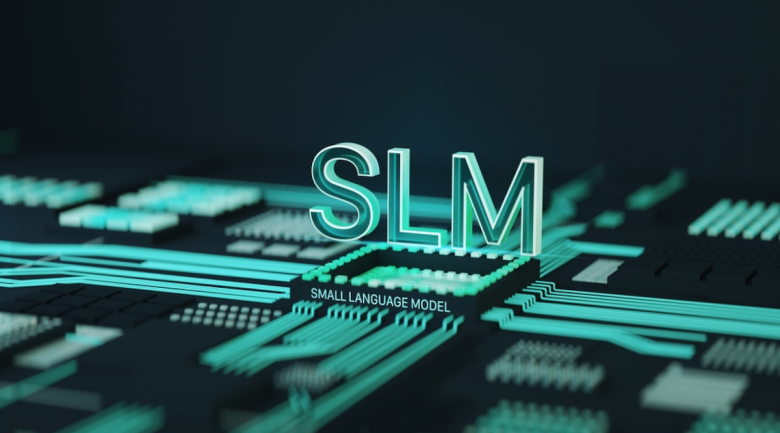A new national survey of small business owners reveals that the era of artificial intelligence is no longer a far-off concept. According to a new survey by Reimagine Main Street, a project of the Public Private Strategies Institute, in partnership with PayPal, 76% of small businesses are either actively using or exploring AI tools, signaling a sector on the brink of a technological transformation.
The report, which surveyed nearly 1,000 small business owners and included 20 in-depth interviews, shows that AI adoption is happening now, driven by a desire for efficiency and a mounting pressure to stay competitive. But while many have dipped their toes into generative AI, the findings reveal a deeper desire for a new class of intelligent tools.
The current state: AI as a time-saving assistant

Small businesses are ready for AI that acts, not just assists.
For the 25% of small business owners who are active AI users, AI is already embedded in daily operations. They are using AI to generate marketing content, handle customer service inquiries, and enhance their productivity.
The core value proposition is clear: saving time. Jodi F., the owner of an HR consulting and recruiting firm, noted how AI transforms her workflow. “I used [AI] this afternoon to respond to a letter… But I added my own personal touches,” she said. “It took me 5 minutes versus it might have taken me 20 minutes before”.
This efficiency is not just a convenience; it’s becoming a necessity. An overwhelming 82% of small business owners surveyed believe adopting AI is essential for staying competitive, and many worry about being left behind if they don’t.
The next leap: a demand for AI agents that drive growth
While today’s generative AI helps with ideation and content, the survey reveals small businesses aren’t just looking for a creative assistant; they’re looking for a digital partner that can drive profitable growth.
Out of the active AI users surveyed:
- More than half (53%) say a tool that could forecast cash flow would solve a “critical pain point”.
- Four in ten are “extremely likely” to adopt a tool that dynamically adjusts pricing and promotions to boost sales.
- Another 45% are eager for a tool that predicts future revenue trends to help with crucial decisions around staffing, inventory, and marketing.
Jenay A., who owns a yoga studio and wellness tourism business in Lake Tahoe, encapsulated this desire: “To have an AI assistant that says, ‘Here’s what we’re looking at for this summer, here’s the number of people coming to Tahoe, here’s how many people looked for wellness experiences…’ That’d be so lovely”.
Overcoming the barriers to adoption

Small businesses of all kinds are ready for agentic commerce.
Despite the clear momentum, half of the surveyed small business community remains on the sidelines. They’ve experimented with AI tools and are intrigued, but hesitant to fully commit. Their top barriers are solvable but significant.
Concerns about data privacy and security were voiced frequently. “We don’t know how the data is being used. So from a business perspective, I would want some kind of guarantee of the information being secured so that it’s not just out there for everyone to leverage, if it’s our company information,” said Firdaws A., who owns a beverage company.
Plus, the burden of trying to learn how to use yet another new tool weighs heavily. As Melissa H., owner of a tea room business, explained, “The learning curve has to be really low. Again, we don’t have time to eat lunch or drink water, much less learn a tool that’s overcomplicated.”
How PayPal is meeting this moment
PayPal is accelerating its vision for agentic commerce, developing tools designed to bridge this gap. This strategy focuses on embedding intelligent, autonomous capabilities directly into the PayPal ecosystem that millions of small businesses already use and trust. The survey validates this approach, with 83% of all small businesses stating they would welcome AI if it were integrated into the tools and solutions they already use.
“I’m more apt to use something from a current provider because there’s a seamless integration versus from another one,” said Katrina and Shaun G., who co-own a cafe and bakery.
Building on the launch of AI-enabled features like Smart Receipts and the AI-powered Advanced Offers Platform, PayPal is developing new agentic tools (meaning, AI tools that are able to interact with other AI platforms) that will help merchants with key functions like customer targeting and automated promotions. Most importantly, these capabilities will be available directly in the PayPal ecosystem, with transparency, privacy, and trust top of mind.
The data is clear: Small businesses are ready for AI that doesn’t just assist, but acts. They envision a future where technology doesn’t just provide insights but executes on them, freeing up owners to focus on what they do best – running their business.




